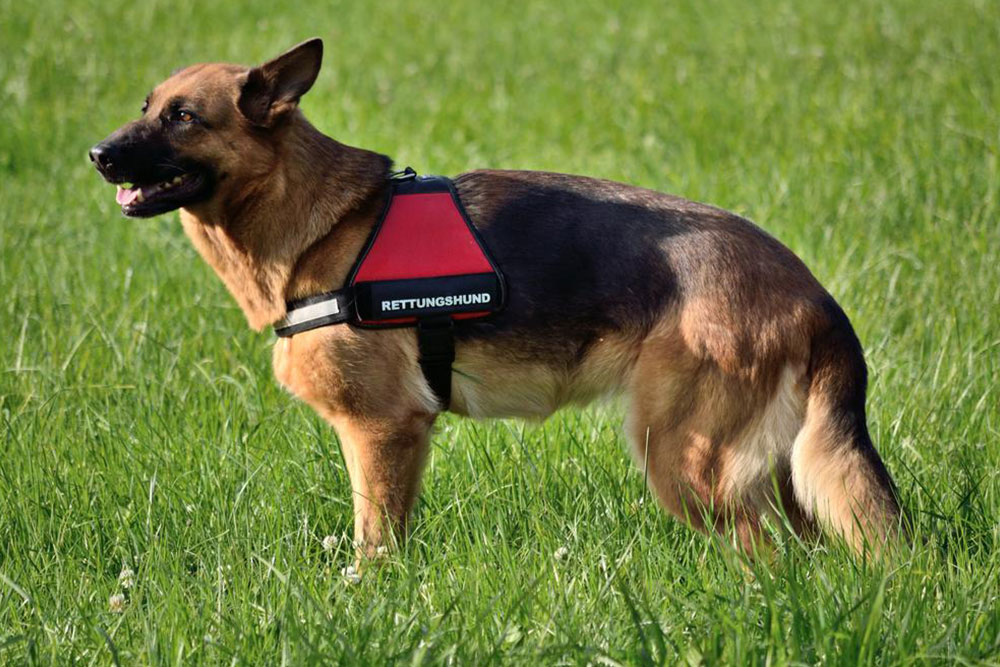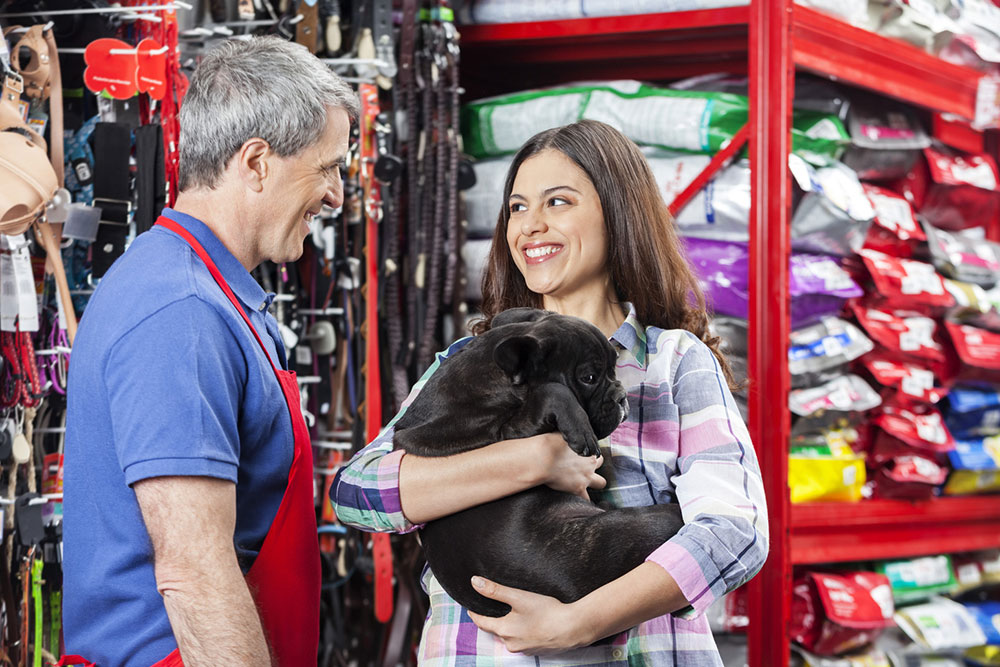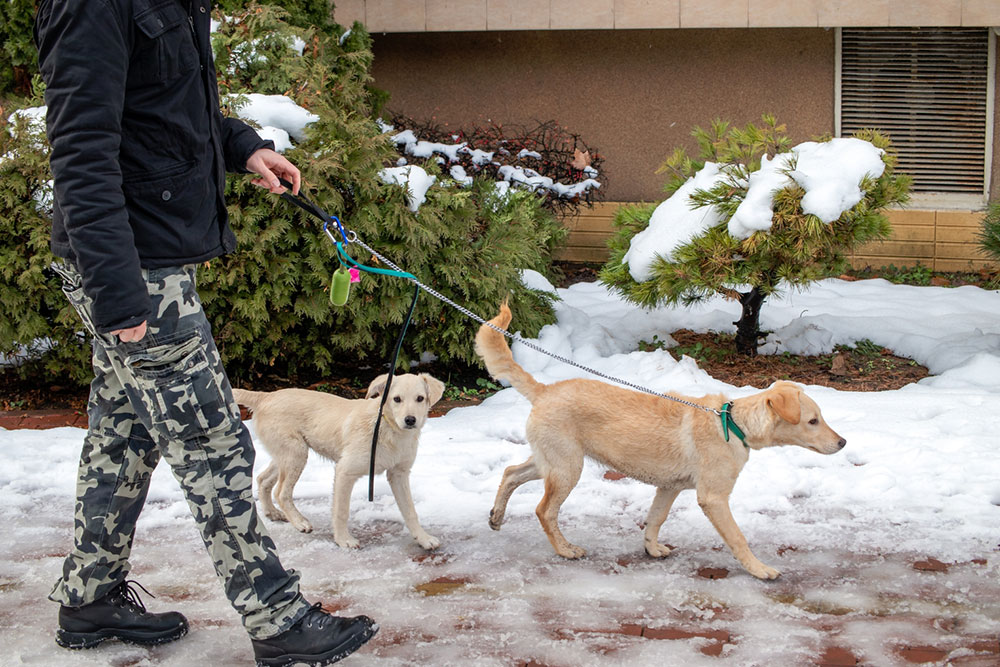Comprehensive Guide to Choosing the Ideal Rescue Dog for Your Home
This comprehensive guide provides essential tips for selecting and caring for a rescue dog, highlighting the importance of matching your lifestyle with the dog's needs. From understanding temperament and age considerations to preparing your home, discover how to ensure a smooth transition and foster a loving bond. Adopting a rescue dog is a rewarding experience that requires responsibility, patience, and commitment, but the lifelong companionship and the joy of giving a dog a second chance make it all worthwhile.

Comprehensive Guide to Choosing the Ideal Rescue Dog for Your Home
Opening your heart and home to a rescue dog is a profoundly rewarding experience that breathes new life into an animal in need. Each year, countless dogs in shelters await a second chance, having faced abandonment, abuse, or neglect. Adopting a rescue dog not only saves a life but also provides your family with unconditional love and companionship. However, this decision requires careful consideration, planning, and ongoing commitment to ensure a successful integration. Understanding the factors involved in selecting the right rescue dog can make all the difference in fostering a healthy and happy relationship.
Rescue dogs come in various breeds, ages, and temperaments, each with unique needs. Before engaging with shelters, it’s vital to assess your own lifestyle, activity levels, and household environment. This self-assessment will help you determine what kind of dog matches your daily routine, ensuring compatibility and a smooth transition. For example, active families may favor energetic breeds that love outdoor activities, while quieter households might prefer calmer, older dogs. It’s essential to be honest about your capacity to train, exercise, and provide medical care to your new furry friend.
When selecting a rescue dog, doing thorough research and seeking professional advice is highly recommended. Shelter staff, trainers, and veterinarians can offer valuable insights into a dog’s behavior, health, and suitability for your home. Visiting several shelters allows you to meet different dogs and observe their behavior firsthand. Pay attention to how each dog interacts with you during visits—some may be more energetic, shy, or affectionate than others. If possible, take the dog for a short walk or spend time in a designated play area to better understand their personality and activity levels.
It's crucial to consider age when choosing a rescue dog. While puppies are adorable and full of potential, they often require extensive training, patience, and time. Older dogs, on the other hand, are frequently overlooked but can be wonderful companions—they tend to be calmer, more settled, and easier to care for. Assessing a dog’s temperament is just as important as age; some dogs may thrive in lively households, while others prefer calm environments. Ask shelter staff about the dog's history, temperament, and energy level to inform your decision.
Creating an ideal environment for your new rescue dog begins before your adoption is finalized. Prepare your home with essential supplies such as a comfortable bed, durable toys, secure collars, and high-quality food suited to their age and health needs. A designated safe space allows your dog to relax and acclimate at their own pace. Establishing routines early, including feeding, walks, and training, provides stability and helps build trust. Consistent positive reinforcement and patience are key to successful training, especially for rescue dogs that may have experienced trauma or neglect.
Transitioning a rescue dog into your household can be a rewarding journey filled with learning and bonding. Patience, understanding, and empathy are crucial during the initial adjustment period. Many rescue dogs may have trust issues or anxiety due to past experiences; gentle handling and consistent care foster a sense of security. Regular veterinary check-ups are important to monitor health and address any medical concerns promptly. Incorporating socialization and basic obedience training aids in developing a well-behaved pet who feels safe and loved in their new environment.
In summary, selecting the perfect rescue dog for your home involves a careful assessment of both your lifestyle and the dog's characteristics. Engaging with shelter professionals, considering age and temperament, preparing your environment, and committing to ongoing care all contribute to a successful adoption experience. The bond you forge with your rescue dog can be a lifelong source of joy, loyalty, and companionship. Remember, adopting a rescue dog is a long-term commitment that enriches both your life and the life of your new furry friend.





